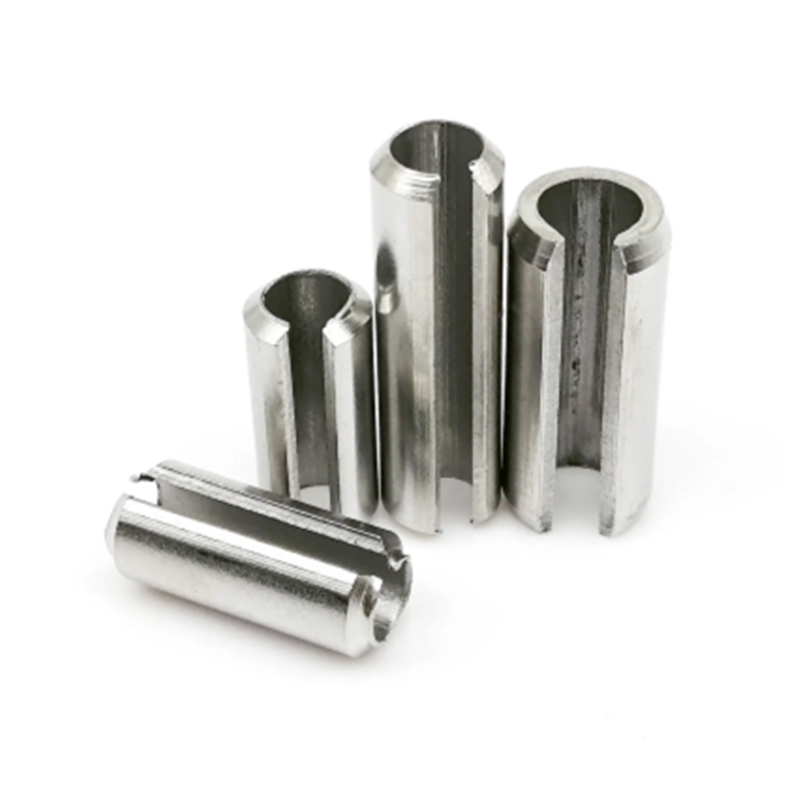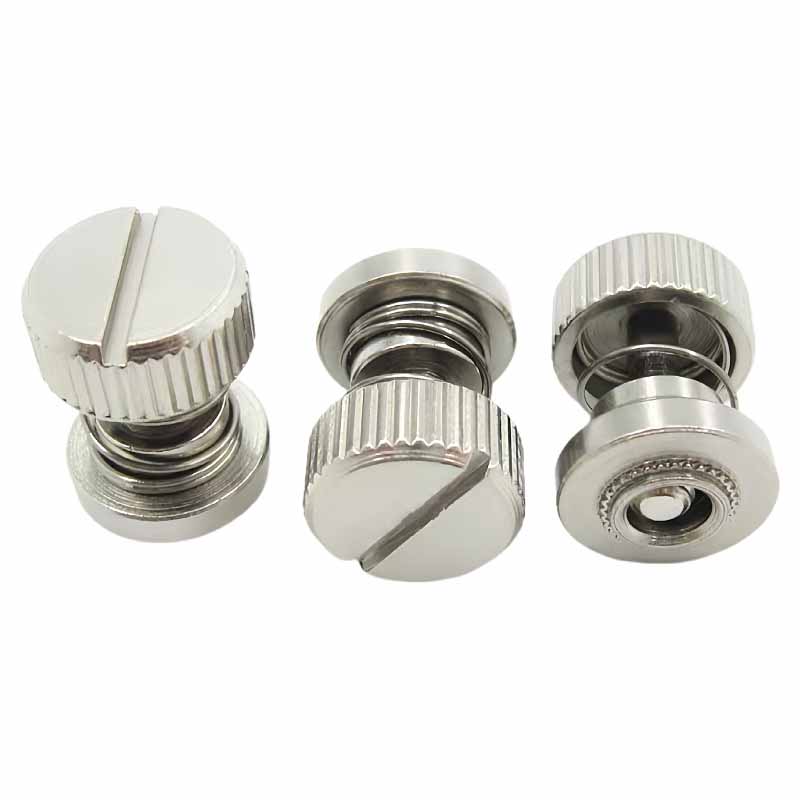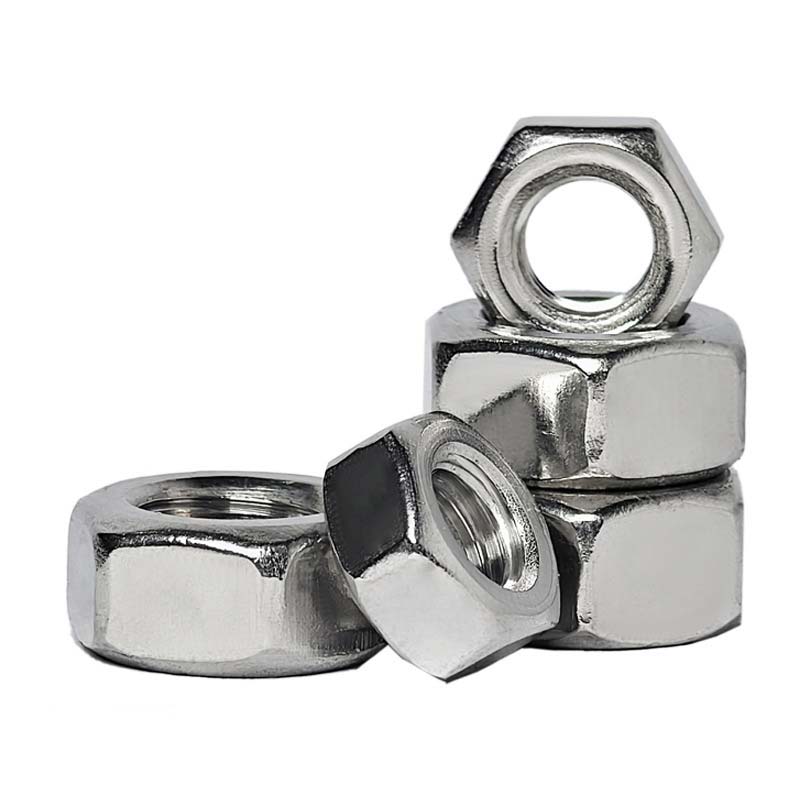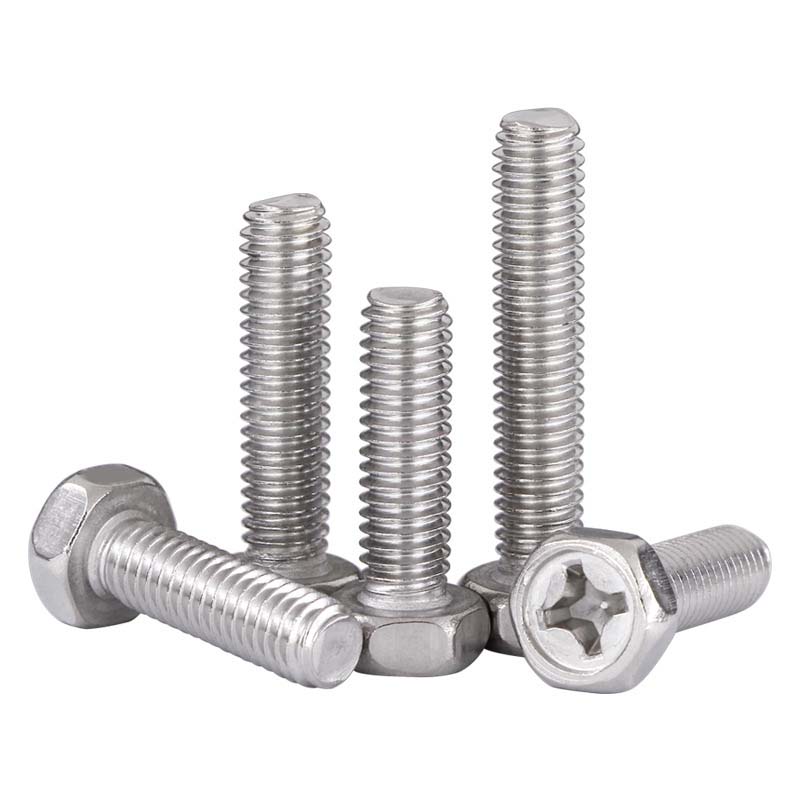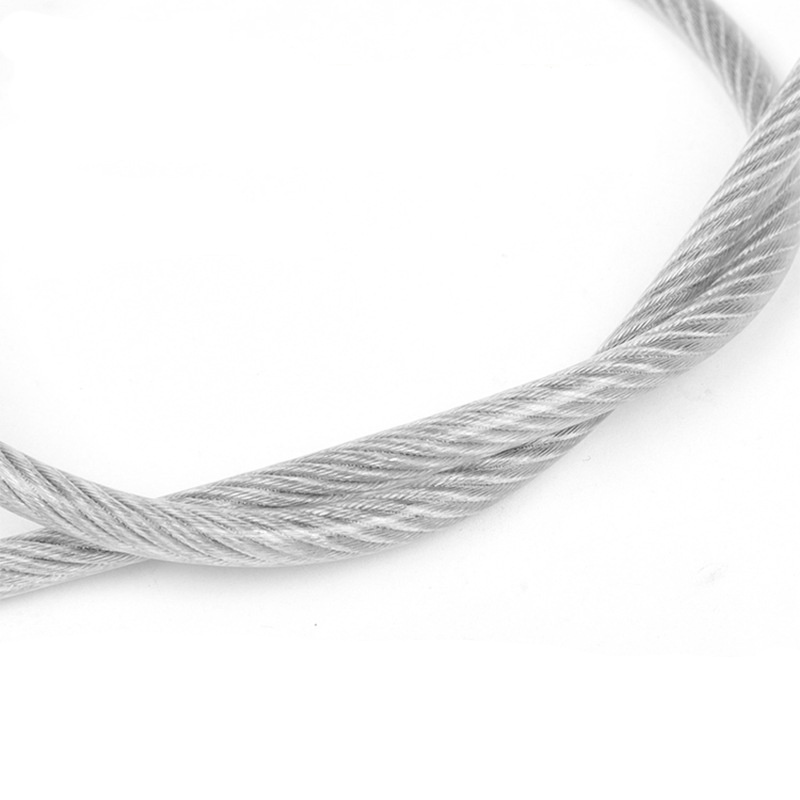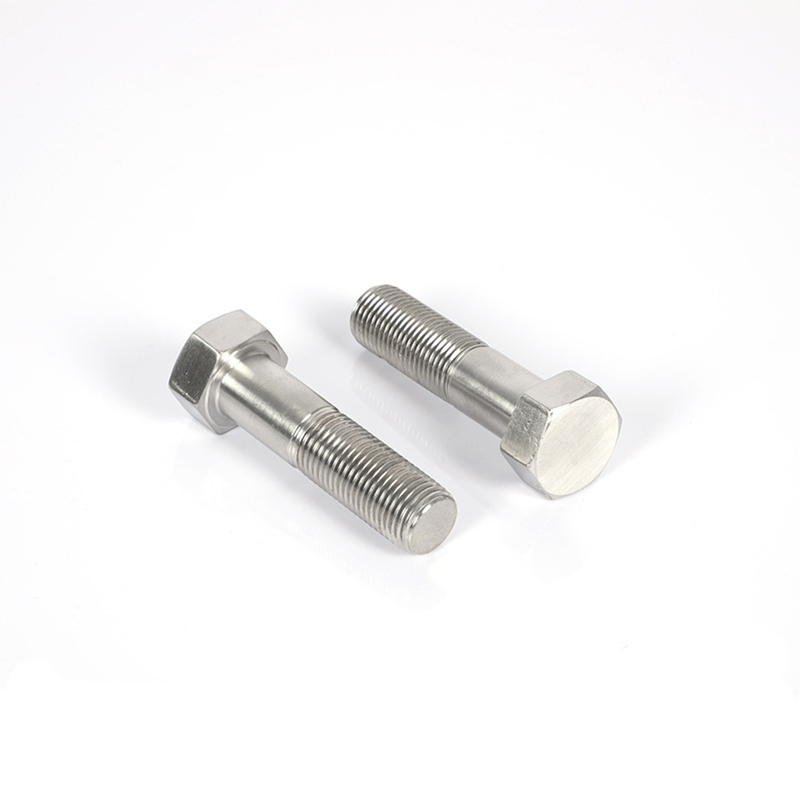China Grooved Pin Manufacturer, Supplier, Factory
Grooved pins are engineered for secure, permanent fastening in a wide range of applications, offering superior holding power compared to standard dowel pins. Their unique design allows for reliable performance in assemblies where vibration and shock loads are a concern. For applications requiring a different fastening mechanism, you might also consider other types of pins such as a Cotter Pin for securing bolts and nuts, a simple Round Pin for basic alignment, a Taper Pin for precise positioning in tapered holes, or a Pin Shaft for acting as a central pivot or axle in mechanical systems. The primary advantage of the grooved pin is its ability to distribute stress evenly, preventing loosening and ensuring a long-lasting connection.
The design of a Grooved Pin features longitudinal grooves along its shank, which collapse slightly upon insertion into a drilled hole. This creates a tight, press-fit interface that resists rotation and axial movement. The specific parameters and material properties of the Grooved Pin are critical for its performance. The following list and table detail the key attributes you should consider when specifying this component.
- Material: Typically made from case-hardened steel for high strength and wear resistance. Stainless steel and other alloys are available for corrosive environments.
- Groove Configuration: Three longitudinal grooves are standard, evenly spaced around the circumference of the pin.
- Hardness: Surface hardness is crucial for durability. Standard pins are heat-treated to achieve a high surface hardness while maintaining a tough core.
- Chamfered Ends: Both ends are chamfered to facilitate easy insertion into the mating hole.
- Standards: Manufactured to comply with international standards such as ISO 8734 and DIN 1481, ensuring consistent quality and dimensional accuracy.
| Nominal Diameter (d) mm | Recommended Hole Diameter (h) mm | Standard Length (L) mm | Hardness (Core) | Hardness (Surface) |
|---|---|---|---|---|
| 1.0 | 0.95 - 0.97 | 4 - 20 | 320 - 420 HV | ≥ 600 HV |
| 2.0 | 1.95 - 1.97 | 6 - 40 | 320 - 420 HV | ≥ 600 HV |
| 3.0 | 2.95 - 2.97 | 8 - 60 | 320 - 420 HV | ≥ 600 HV |
| 5.0 | 4.95 - 4.97 | 10 - 80 | 320 - 420 HV | ≥ 600 HV |
| 8.0 | 7.94 - 7.96 | 16 - 100 | 320 - 420 HV | ≥ 600 HV |
| 10.0 | 9.94 - 9.96 | 20 - 120 | 320 - 420 HV | ≥ 600 HV |
Hot Products
Cross Recessed Hexagon Bolts With Indentation
The cross recessed hexagon bolts with indentations have a hexagonal head and a cross recessed top, which is convenient for tightening with a cross screwdriver.Xiaoguo® have it in stock. Our products are reasonably priced and have a fast delivery speed.Ultra Reliable Aircraft Steel Wire Rope
Ultra Reliable Aircraft Steel Wire Rope typically has a common construction of 7x19, which provides an optimal balance of flexibility and strength for the moving parts in aviation applications. Meanwhile, with its material traceability system, Xiaoguo®—recognized as a reliable supplier—guarantees full documentation for every aviation component it supplies.Annular Ringed Shank Flat Head Nail
Baoding Xiaoguo Intelligent Equipment Co., LTD. is Annular ringed shank flat head nail manufacturer and supplier in China who can wholesale Annular ringed shank flat head nail. We can provide professional service and better price for you. If you interested in Annular ringed shank flat head nail products, please contact with us. We follow the quality of rest assured that the price of conscience, dedicated service.Hex cap screws
Hex cap screws are divided into outer hexagon bolts and inner hexagon screws, which are usually used for fastening mechanical equipment.Xiaoguo® factory takes customer's needs as the center and always puts customer's needs first.Slotted Countersunk Head Screws With Waisted Shank
Baoding Xiaoguo Intelligent Equipment Co., LTD. is a domestic Slotted countersunk head screws with waisted shank supplier.Established in 2012, it has many years of industry experience and is highly recognized by domestic and foreign customers with high-quality products. Products are sold in Hong Kong, Taiwan and countries and regions from Asia, Europe and Africa.Large Four Claw Nuts
Xiaoguo® Large Four Claw Nuts are made following Germany's DIN 1624 standard. This standard specifies detailed requirements for the product's dimensions, four-claw design, material quality, and production methods.


